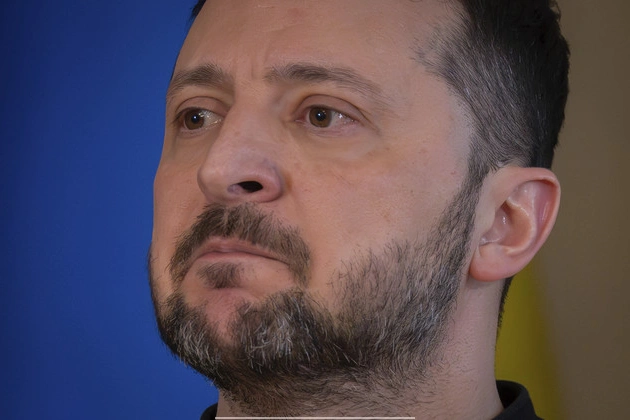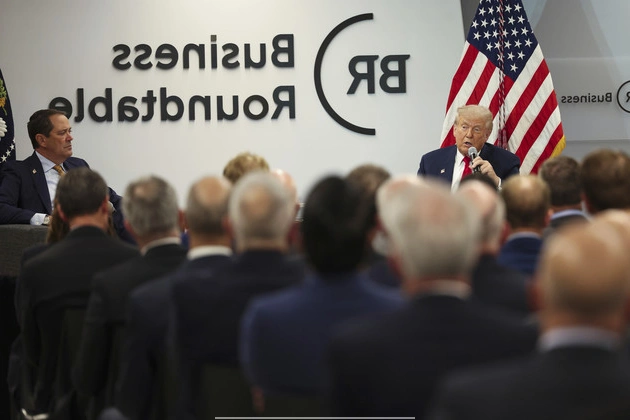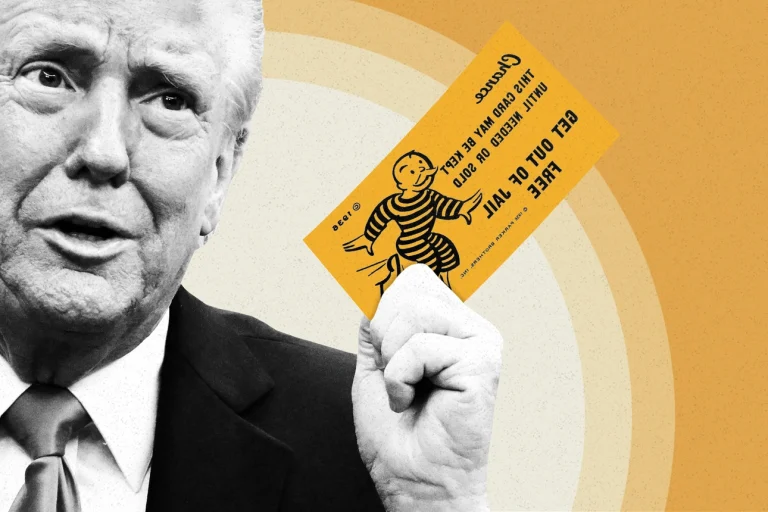
The Trump administration’s bold moves to slash federal agencies have stirred both support and opposition. While initial cuts targeted lesser-known entities, the next phase may face tougher resistance.
Political Strategy Behind the Cuts
The selection of agencies like the U.S. Agency for International Development and the Consumer Financial Protection Bureau was strategic, aiming to minimize political backlash among conservatives. By framing these agencies as bureaucratic excess, Trump and his allies have garnered support for their actions.
Challenges on the Horizon
The upcoming phase of cuts, including potential targets like the Department of Education and the Department of Defense, poses more significant challenges. These agencies enjoy broader recognition and support, making them harder to dismantle without repercussions.
Opposition and Impact
Opponents, particularly Democrats, have criticized the administration’s cuts, especially those affecting watchdog agencies like the CFPB. Concerns about financial oversight and consumer protection have sparked debates on the necessity of these reductions.
Moreover, cuts to research funding at institutions like the National Institutes of Health have raised alarms among lawmakers, including Republicans worried about local impacts.
Future Targets and Controversies
Speculations abound regarding potential targets for future cuts, from the National Science Foundation to the Corporation for Public Broadcasting. The administration’s willingness to challenge established programs reflects a commitment to restructuring the government.
Political Dynamics and Public Perception
The administration’s aggressive approach to agency cuts has polarized opinions. While some view it as a necessary overhaul, others see it as a risky move that could backfire politically.
Looking Ahead
As the administration continues its restructuring efforts, questions linger about the long-term implications. The impact of these cuts on services, research, and public perception remains uncertain, shaping the political landscape for years to come.















